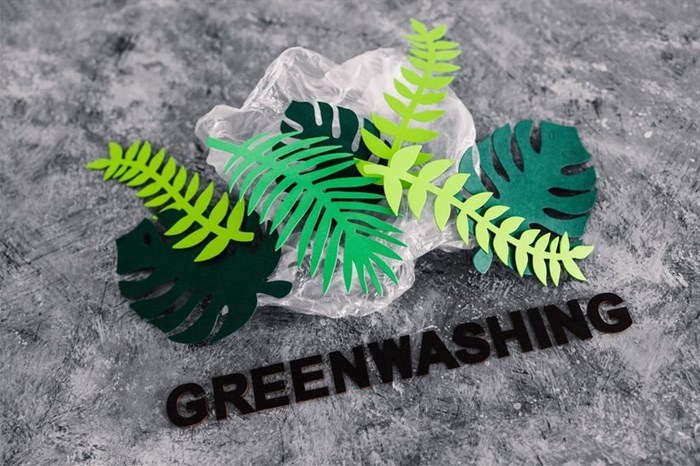Greenwashing: How to unmask it and protect SA's environment
In the age of climate change and environmental consciousness, it's become increasingly important to decipher between genuine eco-friendly initiatives and mere green facades. Welcome to the world of "greenwashing". In this article, we'll delve into what greenwashing is, how it's committed, ways to combat it, and its effects in the South African context.
What is greenwashing?
Greenwashing is the deceptive practice of making a company or its products appear environmentally friendly when, in reality, they harm the environment or engage in unsustainable practices. It's the art of wrapping a wolf in sheep's clothing, using eco-friendly buzzwords and imagery to mislead consumers into believing they are supporting a company truly committed to climate change.
How is greenwashing committed?
Greenwashing can take various forms, some subtle and others more blatant:
- Vague or misleading labels: Products with labels like "natural", "eco-friendly", or "green" may not actually meet any meaningful environmental standards. These terms are often used loosely without regulatory oversight.
- Incomplete information: Companies may withhold information about their production processes or the sourcing of materials to create an illusion of sustainability. Many company’s lose ethical sourcing in pursuit of the bottom line.
- Cherry-picked data: Selective use of data can create misleading impressions. A company may highlight one positive aspect of its product while ignoring its overall negative environmental impact.
- Empty symbolism: Some companies use green imagery, such as leaves or trees, in their marketing materials, even if their practices have little to do with sustainability.
The South African context
In South Africa, greenwashing poses unique challenges due to its rich biodiversity and environmental diversity. As a nation known for its stunning landscapes, preserving its natural beauty is paramount. However, greenwashing can undermine these efforts in several ways:
- Eroding trust: Greenwashing erodes trust in eco-friendly products and practices. When consumers become sceptical, they may be less inclined to support genuine environmental initiatives.
- Environmental impact: Encouraging unsustainable practices can have severe environmental consequences. South Africa's ecosystems, from its diverse flora to its iconic wildlife, are at risk when companies and people prioritise profit over preservation.
- Economic implications: South Africa's economy is closely tied to its natural resources, tourism, and agriculture. Greenwashing can harm these sectors by devaluing genuine environmentally-friendly products and initiatives.
- Legal consequences: Companies found guilty of environmental abuse, whilst depicting it as sustainable, can face legal action and penalties under South African law. This can impact their reputation and bottom line. As the world moves towards ESG centred approaches, there’s more to lose than to gain from greenwashing.
How do we deal with greenwashing in South Africa?
- Legal action: South Africa has consumer protection laws that prohibit false advertising. If you suspect greenwashing, you can report it to the Advertising Regulatory Board or the Independent Communications Authority for investigation.
- Due diligence: Consumers and businesses should research and verify claims made by companies. Look for third-party certifications and transparency in reporting, such as products independently verified to be cruelty free.
- Support genuine eco-friendly brands: By supporting companies that genuinely care about the environment, you encourage responsible practices and discourage greenwashing.
- Raise awareness: Educate others about greenwashing, both online and offline. The more informed consumers are, the less likely they are to fall victim to deceptive marketing.
Greenwashing is and will continue to pose a significant risk to South Africa’s environmental sustainability. Together it will be easy to hold companies accountable for the damage they perpetuate to the environment.
About Rui Lopes and Jaimin Patel
Rui Lopes and Jaimin Patel – Lopes Attorneys Inc.
Lopes Attorneys Inc. is committed to protecting South Africa's environment.

















































